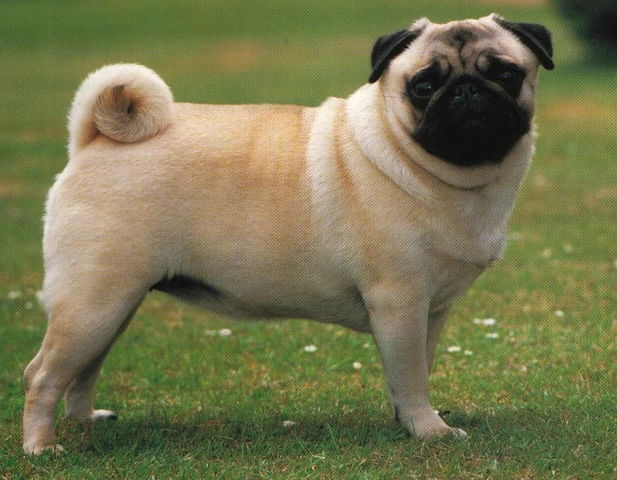Regular veterinary check-ups play a crucial role in maintaining the health and well-being of your pug. Here’s why these check-ups are so important:
- Preventive Care: Regular vet check-ups allow for preventive care measures to be implemented. Your vet can administer vaccinations, provide parasite control, and offer advice on maintaining your pug’s overall health. Preventing diseases and catching potential issues early can significantly contribute to your pug’s well-being.
- Early Detection of Health Issues: Dogs, including pugs, are experts at hiding signs of illness. Regular vet check-ups enable professionals to detect health issues that may not be apparent to pet owners. Early detection allows for prompt intervention, increasing the chances of successful treatment.
- Dental Health: Dental issues are common in pugs due to their brachycephalic (short-nosed) faces. Regular vet visits include dental examinations and professional cleanings if necessary. Good dental health is vital for your pug’s overall well-being and can prevent issues like gum disease and tooth decay.
- Nutritional Guidance: Pugs, like all dogs, have specific dietary needs. Regular vet check-ups provide an opportunity to discuss your pug’s nutrition and receive guidance on an appropriate diet. Maintaining a balanced and nutritious diet is essential for their growth, energy levels, and overall health.
- Weight Management: Pugs are prone to obesity, which can lead to various health problems, including joint issues and respiratory difficulties. Your vet can monitor your pug’s weight and provide guidance on maintaining a healthy weight through proper nutrition and exercise.
- Eye and Respiratory Health: Due to their prominent eyes and flat faces, pugs are susceptible to eye and respiratory issues. Regular vet check-ups include examinations of their eyes and respiratory system. Identifying and addressing these issues early can improve your pug’s quality of life.
- Senior Care Planning: As your pug ages, their health needs may change. Regular vet visits allow for the development of a senior care plan tailored to your pug’s specific requirements. This may include adjustments to their diet, exercise routine, and monitoring for age-related conditions.
- Behavioral Consultations: Behavioral issues can impact your pug’s well-being. Regular vet check-ups provide an opportunity to discuss any behavioral concerns, such as anxiety or aggression. Your vet can offer advice and, if necessary, refer you to a behavioral specialist.
- Establishing a Relationship with Your Vet: Regular check-ups help establish a positive and trusting relationship between your pug and the veterinarian. This trust is crucial in emergencies or when your pug requires medical attention. A familiar environment can reduce stress during vet visits.
- Peace of Mind for Pet Owners: Knowing that your pug is regularly monitored by a veterinary professional provides peace of mind for pet owners. It ensures that you are actively involved in maintaining your pug’s health and addressing any concerns proactively.
In conclusion, regular vet check-ups are a fundamental aspect of responsible pug parenthood. They contribute to preventive care, early detection of health issues, and overall well-being, ensuring that your pug leads a happy and healthy life.


Leave a Comment